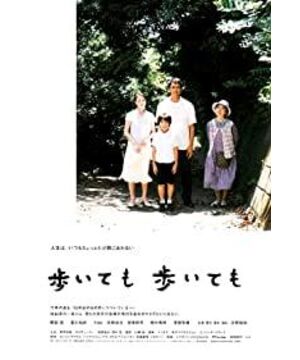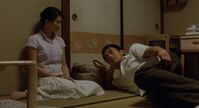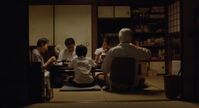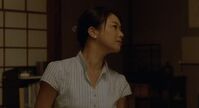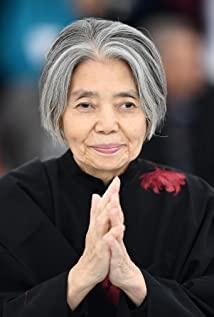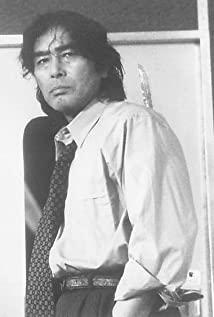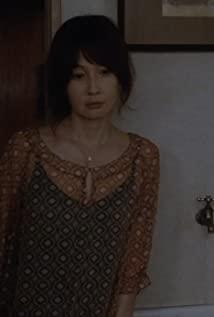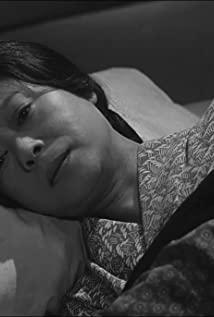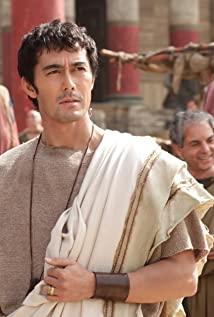It's the impressionist tenderness of Hirokazu Koreeda
It's the impressionist tenderness of Hirokazu Koreeda
Author: I don't know
It is Hirokazu Koreeda who has always been known for his warm healing films. "Walking On" is also a healing film about the family, but unlike his other films, "Walking" is in the delicate characterization and emotional brushwork. It seems to be light but profound to discuss the continuation of life and the passage of time with the audience, showing a unique philosophical depth and an open-minded attitude towards life. I think this movie has an impressionistic temperament, without deliberate expression, but it gives people a sense of blurring in real life. If you like Impressionist art like me, I recommend you to watch this movie.
"Carrot is a genius", the film unfolds in the dialogue between mother and daughter preparing food. There is not much dialogue in the first five minutes. The camera switches between the scene of the father going out and the scene of the mother cooking in the kitchen. The characters are clearly outlined and the background of the story is explained. The whole film is about a lot of stories of bringing their newlywed wife Yuka and stepson Xiaodou home to visit their parents. The plot is not complicated, but the expression of subtle emotions between the characters is very interesting. In the film, the emotional transformation between Xiaodun and many; many and his father is a very important part of the film. The old father hoped that his son would come back to see him often, but he did not express it because of the "head of the family". Although this kind of estrangement is not expressed in fierce conflict, it is conveyed to the audience through tone, action and eyesight. With the increase of close contact between the grandparents and grandchildren during the two-day trip, the estrangement between each other is showing signs of melting. . This change of father-son relationship culminated when the three of them went for a walk on the beach together. Many of them and their father agreed to watch football together in the future, breaking the iceberg.
There are always many interesting details in the film. The father has been looking forward to his son's return. On the eve of his son's return, he went to the roadside to look around. After his son returned home, he stayed in his clinic and did not take the initiative to say a word to his son. This awkward and real fatherly love makes people feel both pitiful and ridiculous. The eldest son, Junpei, who was once the greatest pride of the family, died a few years ago while saving a drowning student. The funny thing is that the rescued child was stupid, lazy, incompetent, and his only advantage was health. Three years later, many of their parents died one after another before they could take their mothers for a drive trip and accompany their father to watch a football game.
At the end of the film, it was also a sunny afternoon. Many people took their wives and children and walked on the hillside after sweeping the tombs for the deceased. Yellow butterflies flew by, and many told their daughters the story of butterflies. The sea is the same as ever.
Life is always one step slower, whether we like it or not, time never stops moving forward. The old life ceases, the new life continues, and life is as long as eternity in such a heritage.
The story of "Non-stop" seems trivial, but it has a rhythm, just like Monet's "Sunrise", the beauty of the rhythm of light and shadow is not real, and it is worthy of repeated appreciation.
�
View more about Still Walking reviews


